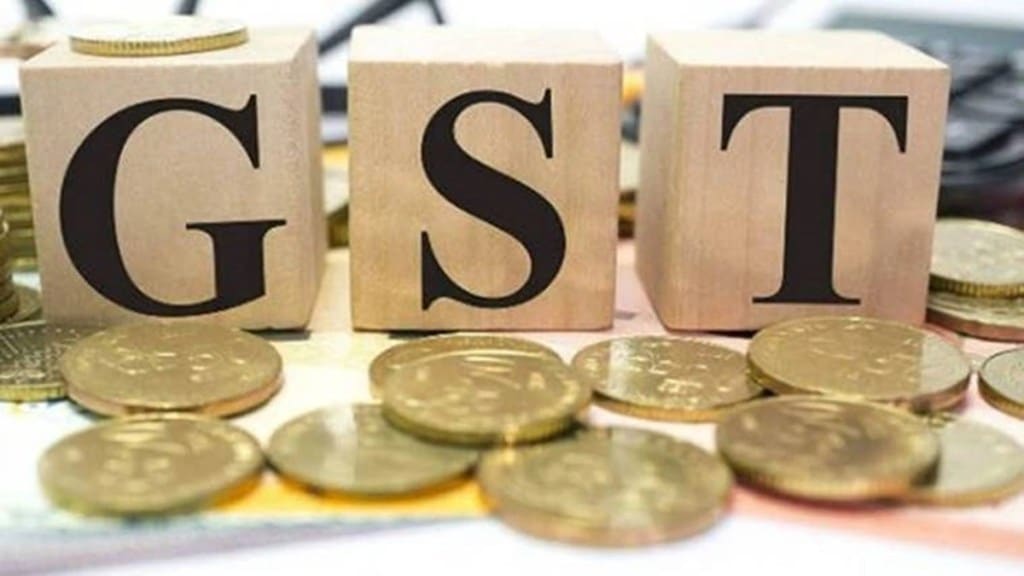The Goods and Services Tax (GST) Council on Wednesday decided to exempt the winnings from online gaming and casinos from the 28% tax on face value, in a significant relaxation for the fast-growing industry. The tax will apply on the total bet placed at entry level, for each gaming session, but not on each round of betting on the gains redeployed, according to the rules finalised by the council via video conferencing.
Three states — Delhi, Goa and Sikkim — dissented, but chose not to exercise the right to vote against the resolution.
On July 11, the Council had decided to impose GST at 28%, the highest slab, a move that rattled the industry. Leading gaming companies and top investors like Tiger Global and Peak XV (formerly Sequoia Capital India) wrote to the government seeking reconsideration of the decision.
The final outcome may let the larger gaming firms stay in the business but smaller ones may be forced to shut shop as the tax continues to be too heavy for them, according to industry sources. The rise in the tax burden due to the change in tax incidence from 18% on platform fee will be as much as 400-500%, these sources said.
Another key rule approved by the Council is that foreign online gaming companies will have to register themselves with the GST authorities and pay the tax to offer their services to Indian gamers. Non-compliant firms will be blocked from providing the services. These provisions will be included in the law via an amendment to the Integrated GST Act, 2017.
The Centre will bring amendments to the Central GST Act in the ongoing monsoon session of Parliament, following which states will pass the amendments in their respective assemblies to pave way for introduction of changes in law by October 1.
Importantly, the Council also decided to review the new tax structure six months after the tax takes effect under the amended rules.
“The valuation may be done based on the amount paid or payable or deposited with the supplier by or on behalf of the player, excluding the amount entered into games bets out of winnings of previous games and bets and not on the total value of each bets placed. Entry (level) whatever they pay to get chips and not what they pay in each game,” finance minister Nirmala Sitharaman said.
For instance, if a participant pays Rs 1,000 as a contest entry amount for a gaming session and wins Rs 500 in the contest, 28% GST will be applicable only on Rs 1,000 and bets played from Rs 500 will not attract GST. If a gamer takes back the bet amounts initially placed, he won’t be be eligible for any refund of the tax paid with the initial deposit.
The Centre will seek to amend the GST law in this regard in the ongoing monsoon session while the states are also urged to amend state GST laws as soon as possible.
Meanwhile, the Centre filed Special Leave Petition in the Supreme Court on Tuesday challenging the recent Karnataka High Court ruling that quashed a Rs 21,000-crore show-cause tax notice issued to Bengaluru-based Gameskraft Technology (GTPL). Revenue secretary Sanjay Malhotra said a 28% tax on online gaming was always there and the Council is just clarifying the position and they would go by the Court decision on the matter. He said the court’s decision would prevail for the period till the new rules take effect.
During the Council meeting, Delhi asked for a complete review of online gaming taxation, while Goa and Sikkim asked for tax to be levied on gross gaming revenue or platform fees even as they supported a higher 28% rate, the minister said. Tamil Nadu, which has already banned online gaming, also asked for a legal amendment to ensure that the ban is not diluted.
Other states such as Chhattisgarh, West Bengal, Maharashtra, Uttar Pradesh, Himachal Pradesh, Maharashtra, Gujarat, Karnataka, Bihar asked the Council to implement its decision from the last meeting at the earliest as already the matter has been debated for three years.

